Cold War. China, though technically an ally of the Soviet Union, was in quest of maneuvering
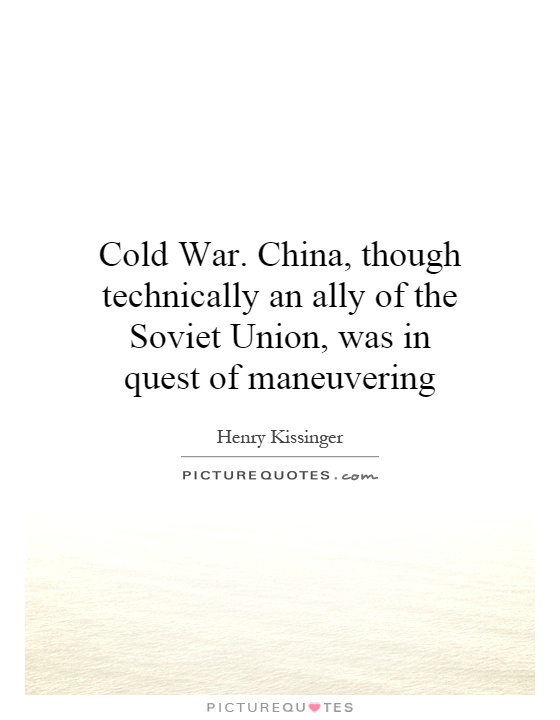
Cold War. China, though technically an ally of the Soviet Union, was in quest of maneuvering
During the Cold War, China found itself in a complex position as it navigated its relationship with the Soviet Union and the United States. Despite being technically aligned with the Soviet Union as a fellow communist state, China was also wary of the Soviet Union's dominance and sought to assert its own independence and power on the world stage. This delicate balancing act was further complicated by the emergence of Henry Kissinger as a key player in international diplomacy.Henry Kissinger, as the National Security Advisor and later Secretary of State under President Richard Nixon, played a crucial role in shaping U.S. foreign policy during the Cold War. Kissinger was known for his realpolitik approach to international relations, which emphasized pragmatic and strategic considerations over ideological concerns. This approach was particularly evident in his dealings with China, as he recognized the potential benefits of improving relations with the Chinese government.
China, for its part, saw an opportunity to leverage its relationship with the United States to counterbalance the Soviet Union and enhance its own global influence. Kissinger's secret visit to China in 1971, which paved the way for Nixon's historic trip the following year, marked a significant turning point in U.S.-China relations. The rapprochement between the two countries not only reshaped the geopolitical landscape of the Cold War but also had far-reaching implications for the global balance of power.
Kissinger's diplomatic efforts with China were driven by a desire to exploit the divisions within the communist bloc and strengthen the U.S. position in the Cold War. By cultivating a strategic partnership with China, Kissinger sought to isolate the Soviet Union and create a more favorable international environment for the United States. This approach was in line with his broader goal of promoting stability and detente in the midst of Cold War tensions.
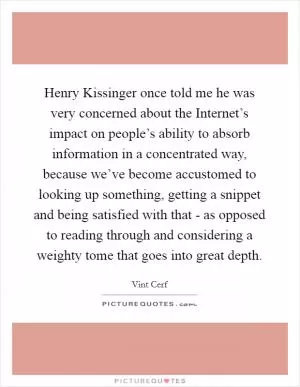




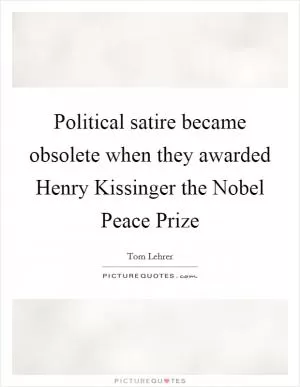
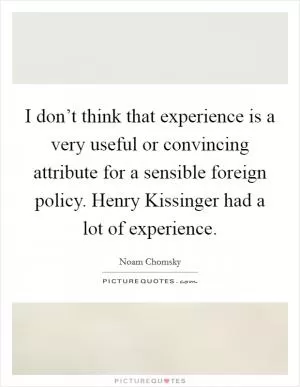
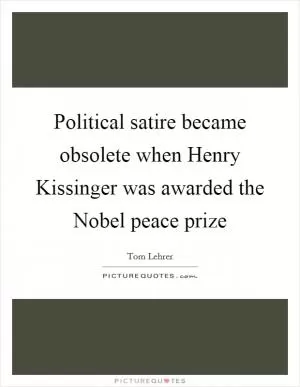

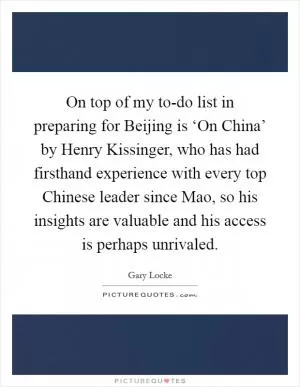
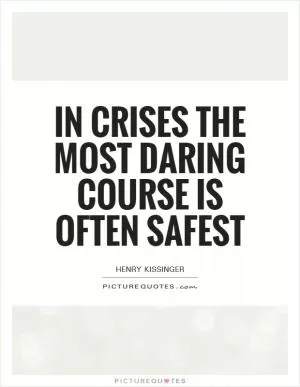

 Friendship Quotes
Friendship Quotes Love Quotes
Love Quotes Life Quotes
Life Quotes Funny Quotes
Funny Quotes Motivational Quotes
Motivational Quotes Inspirational Quotes
Inspirational Quotes